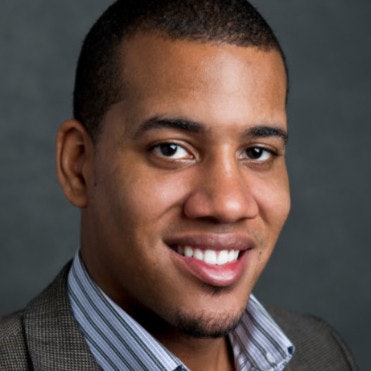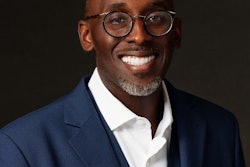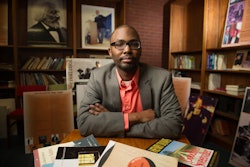Educators and doctoral students offered advice and shared career experiences Tuesday in an effort to guide aspiring graduate students seeking to become teachers and to promote resources that students could access along the way. Marcus Penny
Marcus Penny
In a Jan. 16 online panel sponsored by the Rutgers Graduate School of Education, leaders and alumni from the Institute for Recruitment of Teachers (IRT), an organization that works to support students through grad school and increase educator diversity, highlighted the realities and hardships of being a teacher, as well as the ways in which the IRT benefitted their own journeys.
According to IRT associate director and panel moderator Catherine Wong, IRT’s free graduate preparation program provides those accepted with multiple kinds of assistance, including advising, application fee waivers, access to grad school recruiters, and workshops.
Panelists praised what the IRT did for them, discussing how the organization bolstered what they knew about the teaching profession, expanded their professional networks, and helped them understand key educational concepts.
The world is rapidly changing, and so is the educational landscape, said panelist Marcus Penny, a STEM instructional coach for Boston Public Schools. Individuals do not need to be limited to the public school system and to traditional avenues of education in order to attain their education. Rather, options and communities online exist as well, he said.
Being a teacher is not easy work, Penny said. It’s not a profession that is often highly regarded, but it is one that comes with joy and is important when it comes to fostering and nurturing future generations, he said.
"The importance of having teachers, professors, school leaders out there in the profession is to really think about how to cultivate and allow for the next generation to be their authentic selves and find their identities,” Penny said.
The case for having marginalized and minority identities in teaching is evident, said panelist Mayra Canizales Cruz, veteran educator and founding partner of The Canizales Group, an organization that seeks to support dual language schools.
“When we are in the classroom, when we are teaching children who look like us, our students do better,” she said. “When Latino children are in schools that are linguistically liberating, they come out bilingual. The research is clear. We are needed."
Part of being a teacher is cultivating a space where you and your students can disagree and can admit to being wrong, said LaShawnda Brooks, executive director of the IRT.
Panelist Sol Rheem, a doctoral student in curriculum, instruction, and teacher education at Michigan State University, stressed how crucial it is for aspiring graduate students to be aware of the financial implications of being an educator.
Though she ultimately said that she found the pursuit worthwhile – she spoke about the flexibility that becoming university faculty can give her – she advised those looking to attend grad school to negotiate for higher pay.
"You should know, for the young people like me who never thought about salary and income because a $10,000 stipend was more money than I ever had before, when you enter the Ph.D., you are committing to five years of chronic underpayment and financial instability,” Rheem said. “And if your brain is smart enough to get into a Ph.D., you should really think about the finances of what you're able to do and how you want to navigate your future and your calling."
Still, the teaching profession needs more members in order to combat the various injustices and systems in place in society, Rheem said.
"We need more of everyone to undo these [dark systems of the world],” she added. “And if you guys are here because you found that your calling is for working with youth or something to do with schools, or pursuing knowledge that you embody that counters dominant narratives that prop up these dark systems, I would say follow that calling."


















